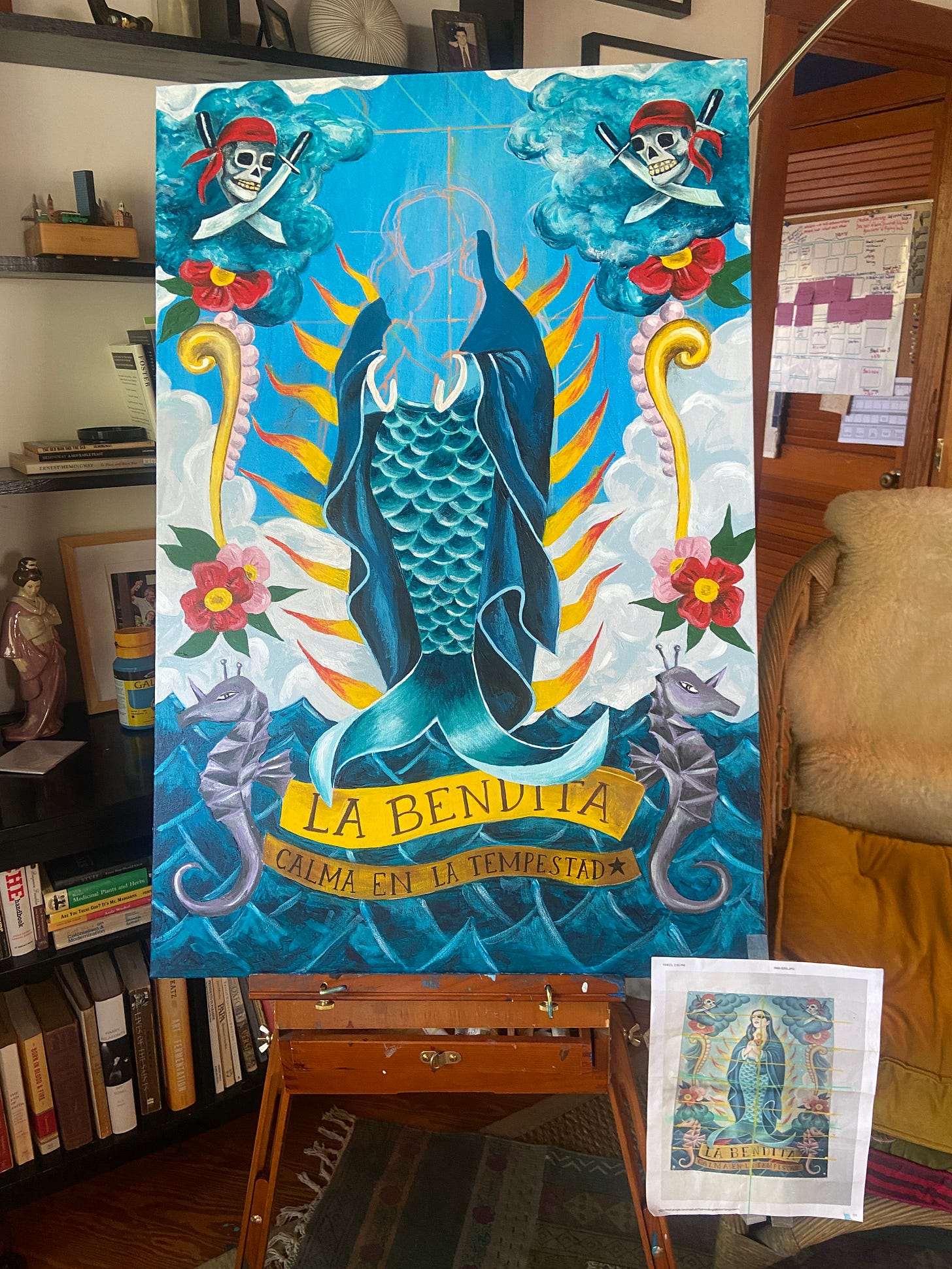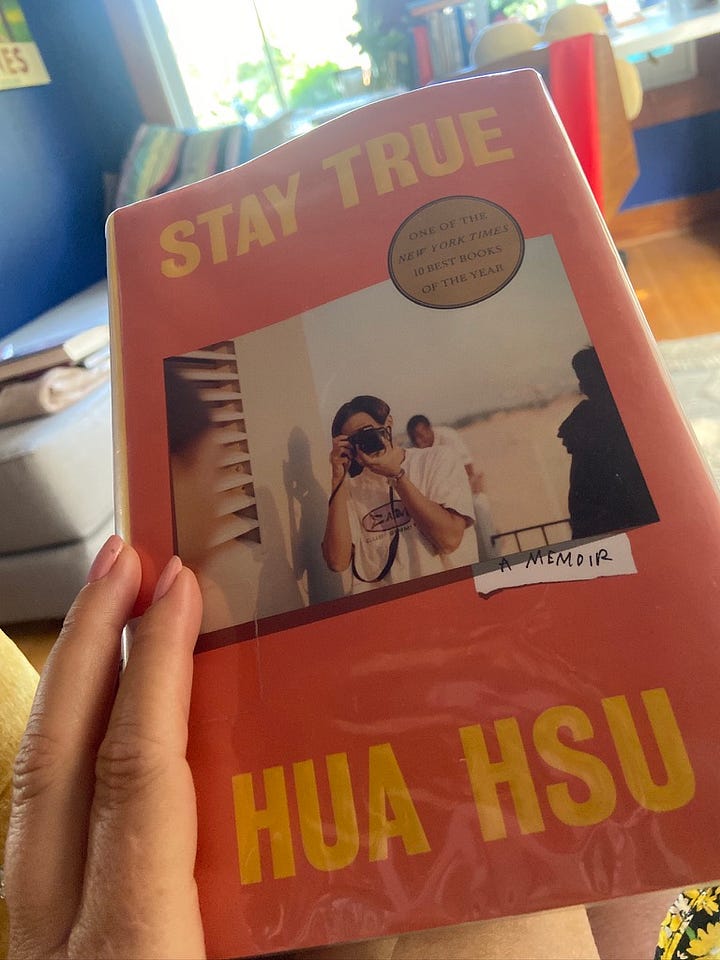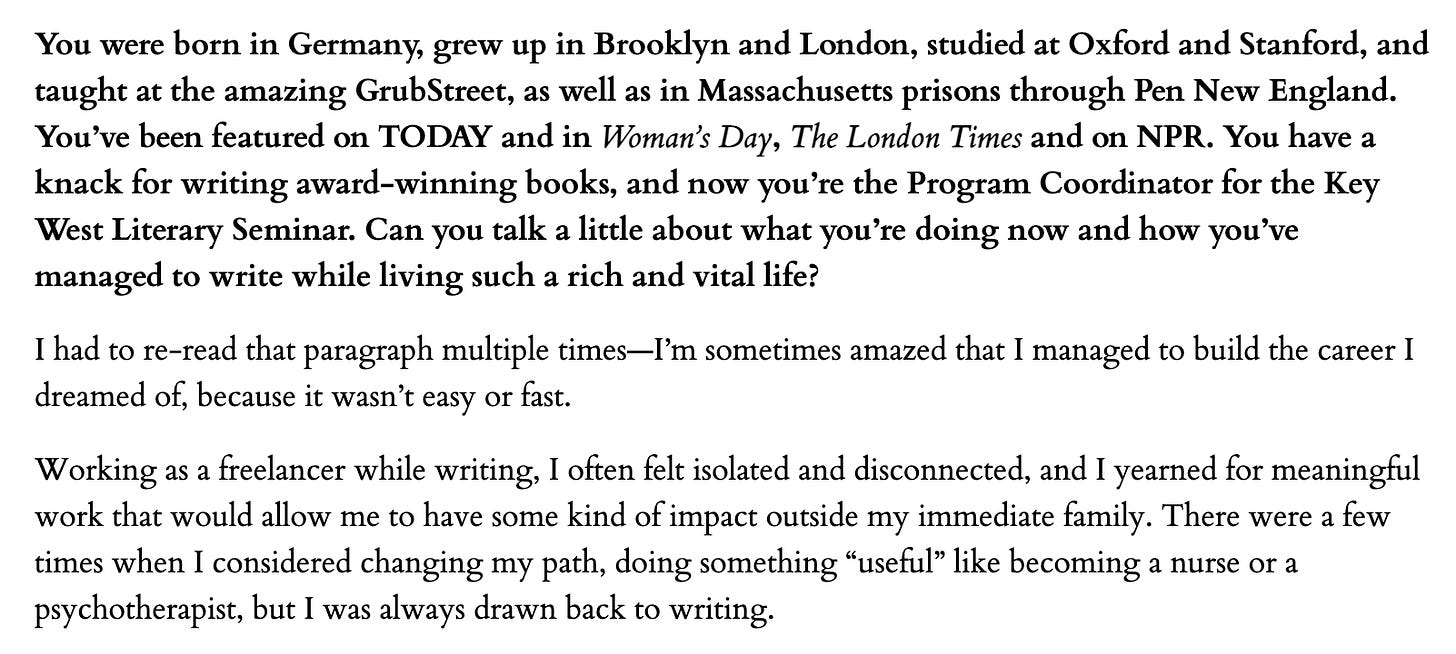
Guggenheim Fellows were announced this week, and I thought, Hmmm, why not try? I know a number of Guggenheim Fellows personally and they’re lovely, talented and fairly ‘normal’ human beings—maybe I can pull it off?
I’d recently come across this interview on Dead Darlings from when my novel This Terrible Beauty came out, and I was pretty darn pleased with this little summary:
So I spent a few hours working on the written narrative of my professional life for the Guggenheim application. These kind of prose narratives—as opposed to CVs—are VERY interesting: you have to connect the dots.
In these narratives, you have the power to establish the particular context that frames and makes sense of your strivings. I highly recommend you write one; it can be illuminating and clarifying.
As often happens when we embark on such analyses, I went from feeling confident and impressed by what I’d managed to achieve, to being certain jurors would scoff at my attempts to sound erudite and important.
The Guggenheim is, after all, a prestigious award. Who am I to think I might be honored in this way?
This year’s winners include 188 highly accomplished scholars, artists, photographers, scientists and writers selected via a rigorous peer review process from nearly 3,000 initial candidates. The full list of winners can be found here. (Forbes)
I’m a striver - is that a bad thing?
Unless we push ourselves, we won’t get anywhere. Striving to do better and learn more is obviously good, but what about striving for greater success and more recognition?
This is egotistical striving, and generally causes heartache of some sort — there’s so much about “success” and “recognition” that we don’t and can’t control. Wanting it does not make it happen and striving for it often backfires.
As a striver, this is a hard lesson for me to learn. What about you?
Bejamin Hoff writes in the Tao of Pooh: “When we learn to work with our own Inner Nature, and with the natural laws operating around us, we reach the level of Wu Wei. Then we work with the natural order of things and operate on the principle of minimal effort. Since the natural world follows that principle, it does not make mistakes.
Mistakes are made–or imagined–by man, the creature with the overloaded Brain who separates himself from the supporting network of natural laws by interfering and trying too hard.” Benjamin Hoff, The Tao of Pooh
Don’t interfere! Don’t try to hard! Don’t be too critical of yourself! Strive just enough and not too much!
On accepting uncertainty and imperfection
This is where my mantra “be cool” comes in. My Ibiza novel, Madame B, is on submission and I am starting to hear back from editors. They are reading fast, and this is a good thing.
I need to stay cool.
It’s so hard!
I’ve been copying a poster I took a picture of when I was finishing Madame B. last year in Ibiza. It’s probably been thirty years since I last painted and I underestimated how difficult it would be. At first, I painted those two lower “ribbons” and hated them, so I stopped. I can’t do it, I thought. This painting is going to be bad.
But then I thought, so what if it’s bad?
The point was not to create an amazing painting, the point was to have fun, and to celebrate the wisdom in the line, “CALMA EN LA TEMPESTAD.” So I started again. And now I’m beginning to like it.
This is a low stakes project, so I can afford to fail. With my professional work, though, everything feels super high stakes.
And so I need to be cool.
You’ll notice from the image at the top of this post that I left the hardest part till last: the woman’s face. Who knows what this means about the way I approach things.
Let me know if you have any deep psychological insights into that!
On Writing
I taught seven three-hour classes in the month of March, on top of my regular job at KWLS. Emerging from the hard work of the Seminar and getting my novel ready for submission, I was so ready to engage with human beings in a small community.
Memoir writers often take my classes. In many ways, memoir writing is similar to fiction in that voice and story structure are critical to making the story come alive and feel relevant. Memoir is tricky to teach—for me, at least—because the topic is so intensely personal to the writer and emotions often run high.


I was thinking a lot about how to guide my students in the endeavor to write compellingly about their own life experiences, so I re-read Hua Hsu’s memoir, Stay True, which won the Pulitzer Prize and was a New York Times bestseller. I loved this book. Hsu writes so beautifully about his relationship to music, and does an incredible job evoking his deepest yearnings for a sense of purpose and community.
He also writes about loss and grief. I’m always impressed by writers who manage to convey emotion—who get readers to connect deeply with their characters—without pumping the prose full of clichés describing how devastation feels. This takes restraint and talent.
Come say hi!
For the writers among you who are in or near Boston, come join me at The Muse and the Marketplace on Friday May 10! I’d love to see you there.
I cannot tell you how excited I will be to get together again with my Boston writing cohorts, and to mingle at this conference with students, authors and industry professionals. I feel like I’m still emerging from the Covid-fueled Dark Ages and this is the prize for making it through the last few years.
Be cool, my friends
This song below will help us all stay cool! See you next month.







I like to say I'm a recovering perfectionist. Also-your painting is just stunning!
I love this! And that's a pretty damn good painting for thirty years of absence. Also, the Tao of Pooh is one of my faves.